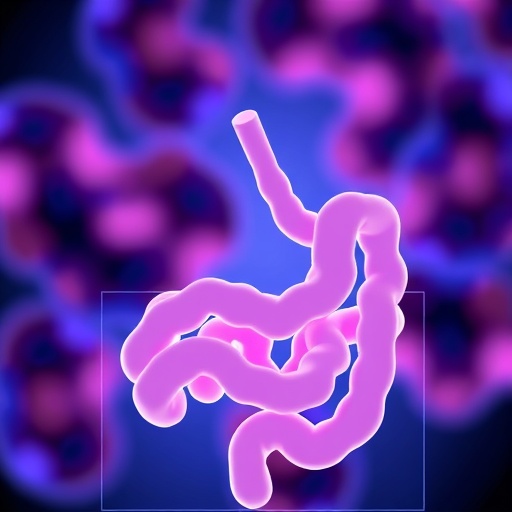Giving opioids to animals to quell pain after surgery prolongs pain for more than three weeks and primes specialized immune cells in the spinal cord to be more reactive to pain, according to a new study by the University of Colorado Boulder.
The authors say the paradoxical findings, if replicated in humans, could have far-reaching implications for patient pain management and add a new wrinkle to the conversation about the national opioid epidemic.
"This indicates that there is another dark side of opiates that many people don't suspect," said senior author Linda Watkins, a professor in the Department of Psychology and Neuroscience. "It shows that trauma, including surgery, in combination with opiates can lead to chronic pain."
For the study, Watkins and co-author Peter Grace, then an assistant research professor at CU Boulder, performed exploratory abdominal surgery, or laparotomy, on male rats. A similar procedure is done tens of thousands of times annually in the United States in humans, and opiates are routinely used after surgery.
"Opiates are really effective for acute pain relief. There is no drug that works better. But very little research has been done to look at what it is doing in the weeks to months after it's withdrawn," said Grace, now an assistant professor at MD Anderson Cancer Center in Houston.
In one experiment, half the rats were given the equivalent of what would be a "moderate" dose of morphine in people for seven days postsurgery. Half were given a saline solution.
In another experiment, the rats were given morphine for eight days and then tapered off by day 10. In a third, the animals were given morphine until day 10 and then it was abruptly withdrawn.
Before and after the treatments, the researchers measured the animal's sensitivity to touch as well as activity of genes that express inflammatory proteins in the spinal cord.
They found that rats given morphine experienced postoperative pain for more than three weeks longer. The longer they received morphine, the longer their pain lasted. And gradual tapering made no difference.
"This tells us that this is not a phenomenon related to opioid withdrawal, which we know can cause pain. Something else is going on here," Grace said.
Watkins describes that something as a "one-two hit" on specialized immune system cells called glial cells in the central nervous system. The first hit, the surgery, stimulates what she calls the "not me, not right, not OK" receptor, Toll-like receptor 4 on the cells, igniting the release of a cascade of inflammatory proteins and "priming" them to be on guard for a second hit.
Morphine, which also stimulates that receptor, is the second hit.
"With that second hit, the primed glial cells respond faster, stronger and longer than before, creating a much more enduring state of inflammation and sometimes local tissue damage," she said.
In a previous study, published in the Proceedings of the National Academy of Sciences in 2016, the researchers showed that just a few days of treatment with opiates to treat peripheral nerve pain, such as sciatica, could exacerbate and prolong pain for months in animals, in part by increasing expression of inflammatory genes.
A few small studies in humans have associated postsurgical opioid administration with chronic pain as much as one year later.
"An unusually high number of people end up with postoperative chronic pain. This new study lends insight into one explanation for that," Watkins said.
The researchers, acknowledging that animal studies cannot directly translate to humans, are now calling for more clinical studies on opioids and chronic pain.
More than 50 million U.S. adults experience chronic pain, according to the National Institutes of Health.
Watkins is also studying novel compounds that could be given with opioids to mute the exaggerated immune response they are believed to trigger, as well as alternative painkillers, including cannabinoids, for pain.
"There is surely a dark side in terms of addiction when it comes to opioids, but this is a very different idea–that we think we are treating the pain with these drugs and we may actually be prolonging it," she said.
###
Lisa Marshall, CU Boulder media relations
[email protected]
303-492-3115
Media Contact
Lisa Ann Marshall
[email protected]
303-492-3115
@cubouldernews
http://www.colorado.edu/news
http://dx.doi.org/10.1213/ANE.0000000000003345




